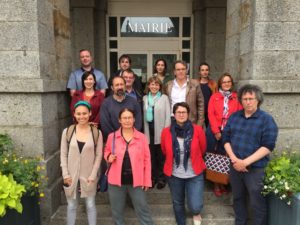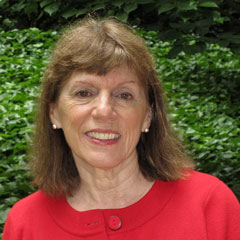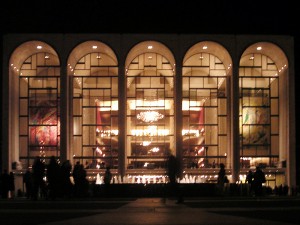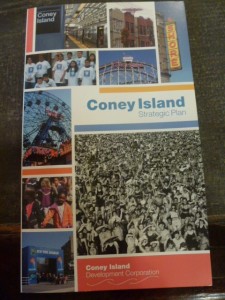Dr. Esther Liberman Cuenca, who earned her Ph.D. in medieval history at Fordham in 2019, has been awarded the 2021 Van Courtlandt Elliott Prize from the Medieval Academy of America, which recognizes a first article in the field of medieval studies of outstanding quality. The prize, for her article, “Town clerks and the authorship of custumals in medieval England,” Urban History 46:2 (2019): 180-201, was established by the Medieval Academy of America in 1971 and consists of a certificate and a monetary award of $500. It will be presented at the Academy’s 2021 Annual Meeting, hosted online by Indiana University, Bloomington. She is one of two winners of the award this year. The prize committee submitted the following citation.
In her perceptive and finely-crafted essay Esther Liberman Cuenca examines the expertise and duties of clerks in medieval English towns, and particularly their roles in creating custumals, or collections of written customs. She highlights and traces two fundamental aspects of clerks’ authorship, their legal and administrative expertise, and their roles in transmitting urban laws to posterity. Urban historians of the Middle Ages are familiar with custumals, documents found in almost every medieval towns that regulated the lives of their citizens, from markets and commerce to administration, social mores and hygiene. While historians usually locate and frame analyses of the documents within the history of urban politics and “normalization”, they rarely study who actually drafted them. Cuenca’s innovative article engages the historiography of urban literacy, and of the anonymous professionals who supported literacy within an urban institutional framework. Her careful analysis of their oaths and administrative practices, which often adapted older materials, reveals that town clerks played critical roles in transmitting customary law to future generations of administrators. Clerks were usually left in the shadow of their superior, and the vital contribution of Cuenca’s work is to bring these individuals to light by focusing on the creation, organization, and preservation of urban custumals, and most of all on their authorship. Were these clerks scriptores, compilatores, or commentators? By showing that they fulfilled all of these roles, Cuenca reaffirms their existence in urban memory.









